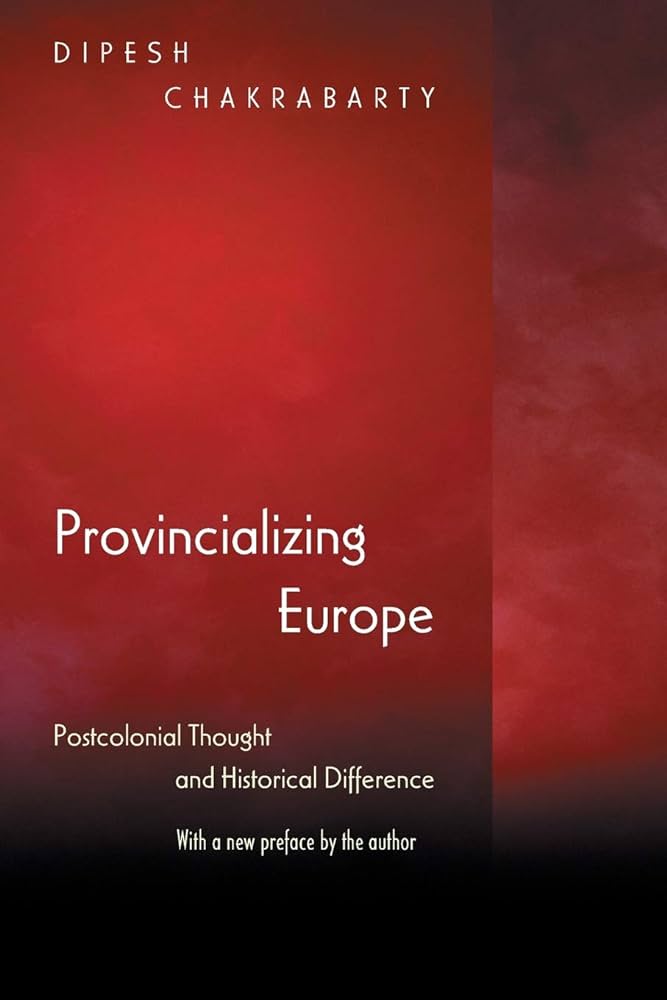
Talented historians or post-colonial thinkers are hard to come by; especially those who think and operate within the context of global history. In the new discipline of global history, all forms of local, national, and regional history, are connected to the larger whole. For example, when did Korea acquire its taste in spice(s)? Was it due to the onset of the spice trade between Europe and Latin America in the 15th century? Every single factor has to be seen from the global perspective, creating a deliberate process of re-tracing, time and again.
Furthermore, the historians that work within this global historical paradigm need to develop and acquire the skillsets to write in flawless English, French or German, without which they will not be heard beyond the locale of their own universities. Moreover, their subject matter must focus principally on power and exploitation, precisely the very subjects where the ‘super structure’ prevents them from speaking out, unless they are somewhat politically correct first. For example, it is almost impossible for an American historian to argue that it was German culture that paved the way for the genocide of the Jews; since culture is not considered a sound “category” of analysis.
But there are more examples. The death of the native Americans, for example, is often a silent subject in the United States. The original contribution of the Mexicans is also given the short shrift. Indeed, the important role played by the blacks and the Chinese in the United States, can only be discovered in the ethno-history of the country, not the general history per se; unless one touches on a cataclysmic event like the Civil War or the influx of the Chinese during early migration.
Dipesh Chakrabarty, a Bengali academic who made a name for himself in the United States, argues that the post-colonial world is still full of the ramparts of Europe. In fact, Europe has successfully diffused the universal idea of human rights and common humanity, at a time when Europe itself is still wondering if it can accept all the foreign citizens under its fold.
“Brexit,” is a perfect personification of the Janus-faced Europe. While it tries to cultivate the image and impression of a borderless Europe, it is constantly trying to prevent itself from embracing all. Thus, any post-colonial historian that works on the easy assumption that everything learned and taught in Europe or the West, are by nature “universal categories,” will find themselves practicing a false science.
Be that as it may, it is the post-colonial world that has taken the (provincial) European idea to heart; often by paying lip service to the language of democracy, human rights and accountable government. All the while Europe is unable to exert any self control, leading to tumultuous events like World War I and II; indeedthere are many parts of Europe beyond Paris, London, and Milan, that are extremely provincial.
In this sense, “Provincializing Europe,” is a work of extreme self- introspection; especially the author’s use and deployment of historical terms to engage in his research, while all the time, conscious of the fact that Europe is merely a semi complete idea at best. “Provincializing Europe” helps people who were trained in the West understand the limitations of their own disciplines; more importantly the need to localize the knowledge learned abroad. For example, where democracy is promoted as a public good. Is France necessarily moving in the direction of absorbing all its immigrants even if they speak flawless French? The moment a Frenchman carries a Muslim name or the likes, the chances of his or her employment or promotion will be reduced many times over. This goes to show that French democracy is not complete. The same goes for other forms of democracy in the West.. In “Provincializing Europe,” one gets a sense that Europe still exists in tattered forms.
